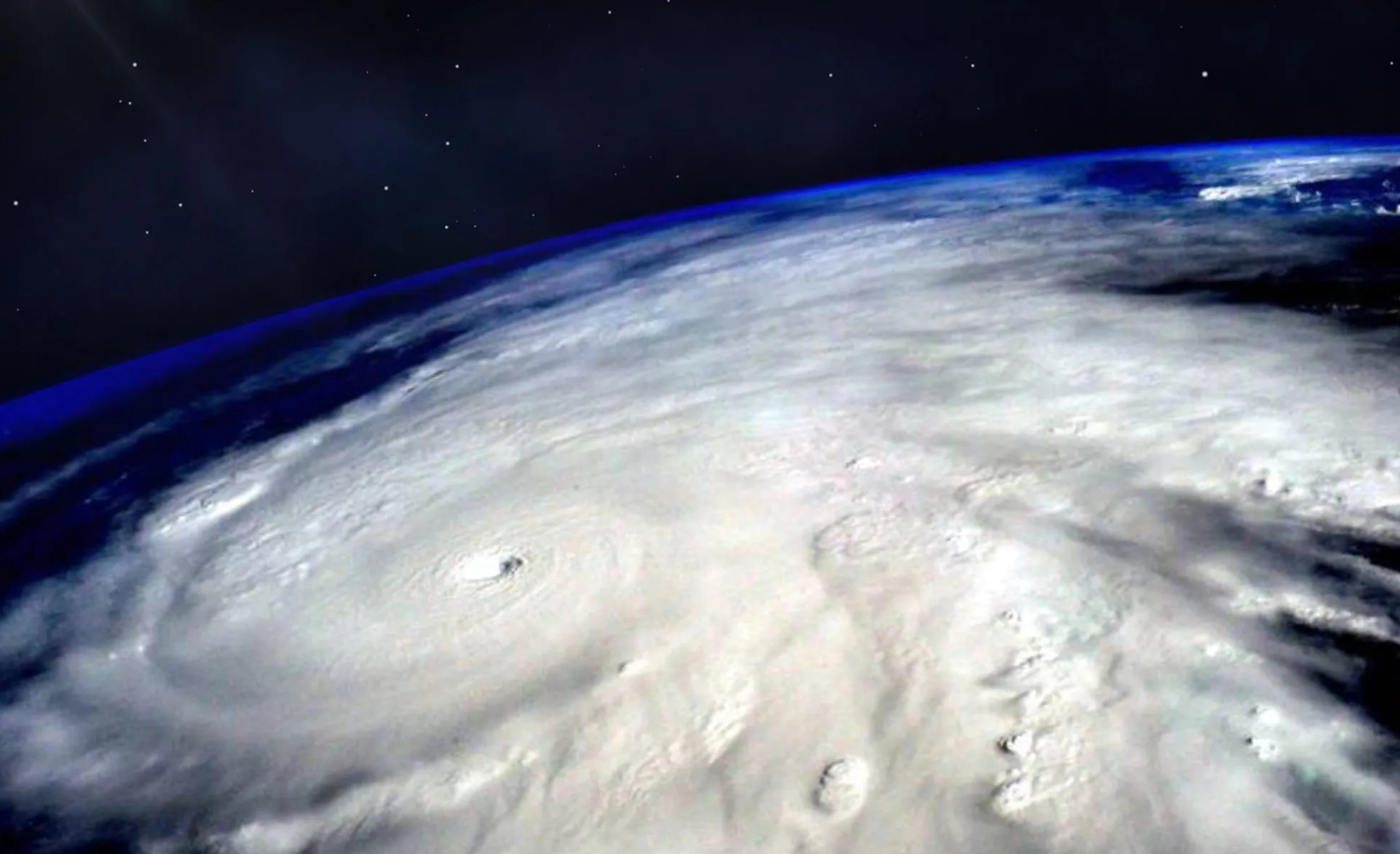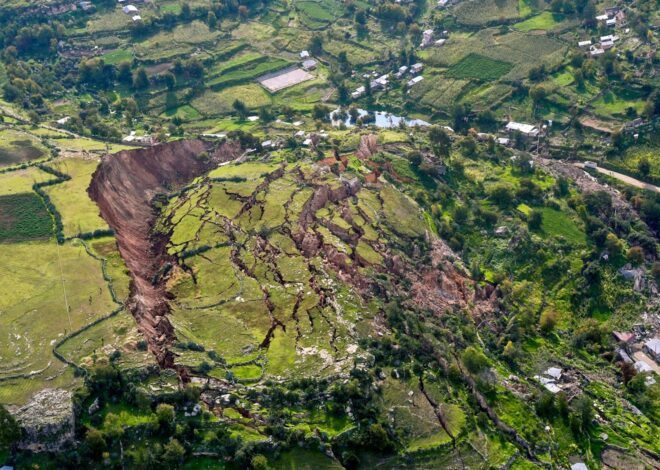
How To Survive A Cyclone
Welcome to our guide on how to survive a cyclone. As the winds pick up and the skies darken, preparing for a cyclone becomes crucial. Understanding how to survive this powerful natural disaster is key to keeping yourself and your loved ones safe.
In this blog post, we will delve into essential tips and strategies on not just surviving but thriving through a cyclone. From preparation to recovery, let’s navigate the storm together!
Understanding Cyclones and Their Dangers
Cyclones, also known as hurricanes or typhoons depending on the region, are massive rotating storms that form over warm ocean waters. These powerful weather systems can bring destructive winds, heavy rainfall, and dangerous storm surges.
The strength of a cyclone is measured using categories based on wind speed. Category 1 cyclones have the lowest wind speeds, while Category 5 cyclones are the most severe with winds exceeding 157 miles per hour.
One of the biggest dangers associated with cyclones is their ability to cause widespread devastation. From uprooted trees to damaged homes and infrastructure, the impact of a cyclone can be catastrophic.
In addition to strong winds, cyclones often bring heavy rainfall leading to flooding which can further exacerbate the destruction. Storm surges caused by cyclones can result in coastal inundation posing significant risks to communities living near the coastlines.
Preparing for a Cyclone: What to Do Before it Hits
Living in an area prone to cyclones can be daunting, but being prepared is key. Before a cyclone hits, it’s crucial to have a plan in place. Start by securing your home – trim any overhanging branches and clear gutters. Stock up on essential supplies like non-perishable food, water, flashlights, batteries, and first aid kits.
Stay informed by keeping updated on weather reports and evacuation procedures. Prepare an emergency kit with important documents, medications, and personal items. Don’t forget about your pets – make sure they have enough food and water too.
Create a communication plan with family members or neighbors so you can stay connected during the storm. Know where your nearest shelter is located and how to get there quickly if needed.
Take photos of your property for insurance purposes and consider reinforcing windows or doors if possible. Stay calm and follow local authorities’ instructions for staying safe during the cyclone.
During the Cyclone: Safety Tips and Essential Supplies
When a cyclone strikes, safety should be your top priority. Stay indoors and away from windows to avoid flying debris. If you are in a low-lying area prone to flooding, move to higher ground immediately.
Make sure you have essential supplies on hand such as non-perishable food, water, flashlights, batteries, and a first aid kit. Keep important documents in waterproof containers.
Avoid using candles for lighting as they can pose a fire hazard. Instead, use battery-operated lights or lanterns. Stay informed about the cyclone’s progress by listening to weather updates on a battery-powered radio.
If you must evacuate, follow evacuation orders promptly and take only necessary items with you. Avoid flooded roads and bridges as they may be dangerous or impassable.
Stay calm and reassure those around you, especially children who may be scared during the storm. Remember that staying safe during a cyclone requires preparation and quick thinking.
After the Cyclone: Dealing with Damage and Recovery
After the cyclone has passed, the reality of dealing with damage and starting the recovery process can be overwhelming. Assessing your surroundings for any immediate dangers should be a top priority. Check for downed power lines, unstable structures, or debris that could pose harm.
Documenting the damage by taking photos or videos can be crucial for insurance claims and aid applications. Ensure you have necessary supplies like clean water, non-perishable food, and first-aid kits readily available. Contact emergency services if needed and follow their guidance on evacuation or assistance.
Cleaning up debris safely is essential to prevent injuries. Seek help from neighbors or community organizations to speed up the process. Be patient with yourself as recovery takes time both physically and emotionally.
Remember that reaching out for support from friends, family, or mental health professionals is not a sign of weakness but strength in facing adversity together. Recovery is a journey; take it one step at a time towards rebuilding what was lost after the cyclone’s impact.
Mental and Emotional Preparation for Surviving a Cyclone
In the face of a cyclone, mental and emotional preparation is just as crucial as physical readiness. The uncertainty and intensity of a storm can evoke fear and anxiety in even the strongest individuals. It’s normal to feel overwhelmed, but it’s essential to stay calm and focused during such challenging times.
One way to prepare mentally is by staying informed about the cyclone’s progress. Knowing what to expect can help reduce feelings of powerlessness. Additionally, having a support system in place – whether it’s friends, family, or community resources – can provide comfort and strength.
Practicing mindfulness techniques such as deep breathing or visualization exercises can also help manage stress levels. Taking care of your emotional well-being before the cyclone hits can make a significant difference in how you cope with the situation when it arrives.
Remember, it’s okay to seek professional help if needed. Your mental health matters just as much as your physical safety during a disaster like a cyclone. Stay strong, stay positive, and remember that you’re not alone in this journey towards survival.
Community Support and Resources for Cyclone Survivors
Community support and resources play a crucial role in helping cyclone survivors rebuild their lives after the devastation. In times of crisis, coming together as a community can provide much-needed comfort and assistance to those affected. Local organizations, charities, and government agencies often mobilize to offer aid such as food, water, shelter, and medical supplies to those in need.
Additionally, mental health support services are vital for helping survivors cope with the trauma of experiencing a natural disaster. Counselors and support groups can provide emotional guidance and help individuals navigate through the challenges they may face post-cyclone.
Community initiatives like clean-up efforts and rebuilding projects not only help restore physical infrastructure but also foster a sense of unity among residents during difficult times. By working together towards recovery, communities can emerge stronger and more resilient in the aftermath of a cyclone.
Staying Safe & Strong in the Face of a Natural Disaster
In the face of a natural disaster like a cyclone, staying safe and strong is crucial. By understanding the dangers, preparing in advance, knowing what to do during the cyclone, and dealing with the aftermath effectively, you can increase your chances of survival and recovery.
Mental and emotional preparation plays a significant role in how well you cope with the situation. Remember that community support and available resources are there to help you through this challenging time. Stay informed, stay prepared, and most importantly, stay safe when facing a cyclone or any other natural disaster. Together we can weather any storm that comes our way.



